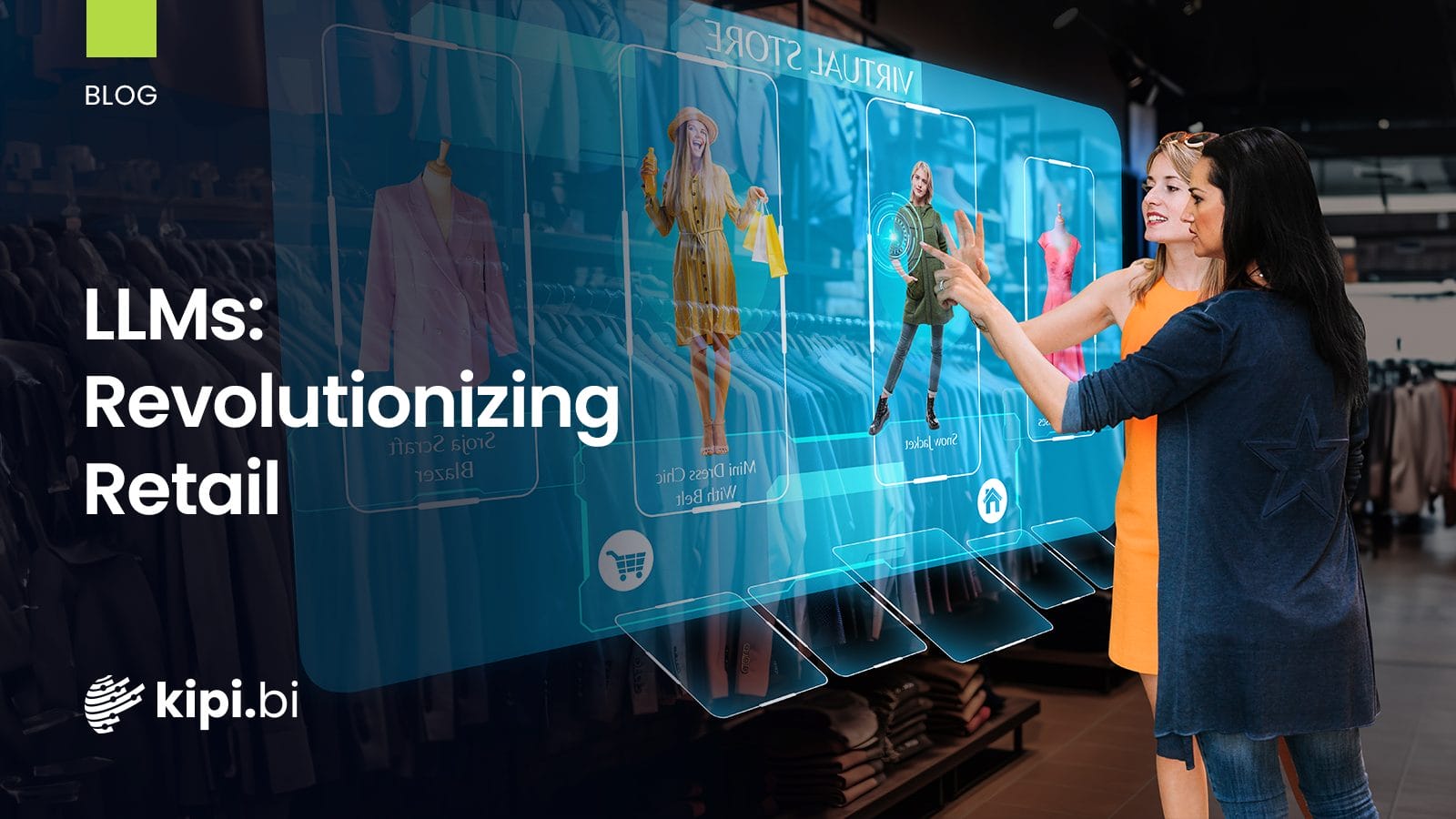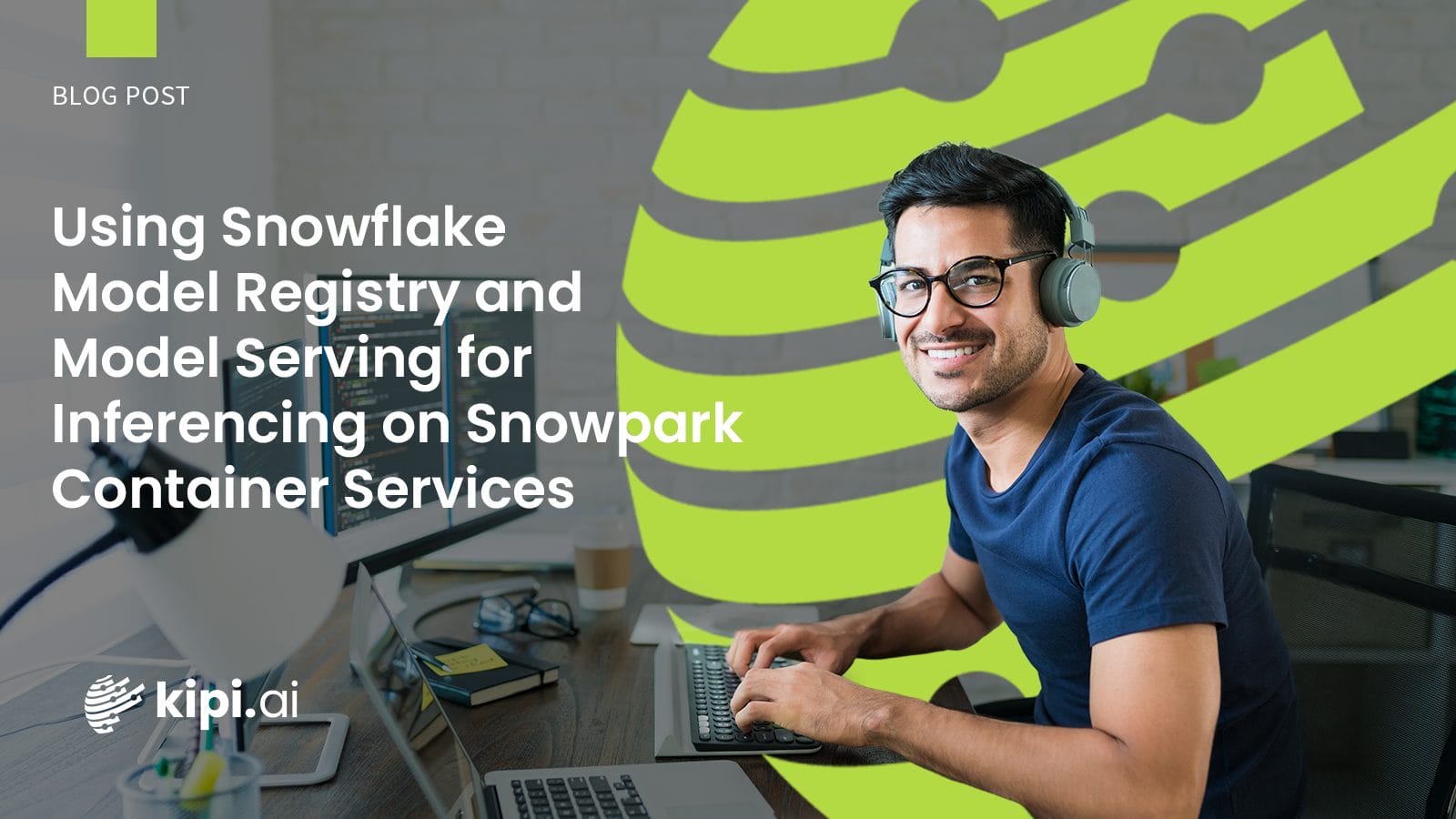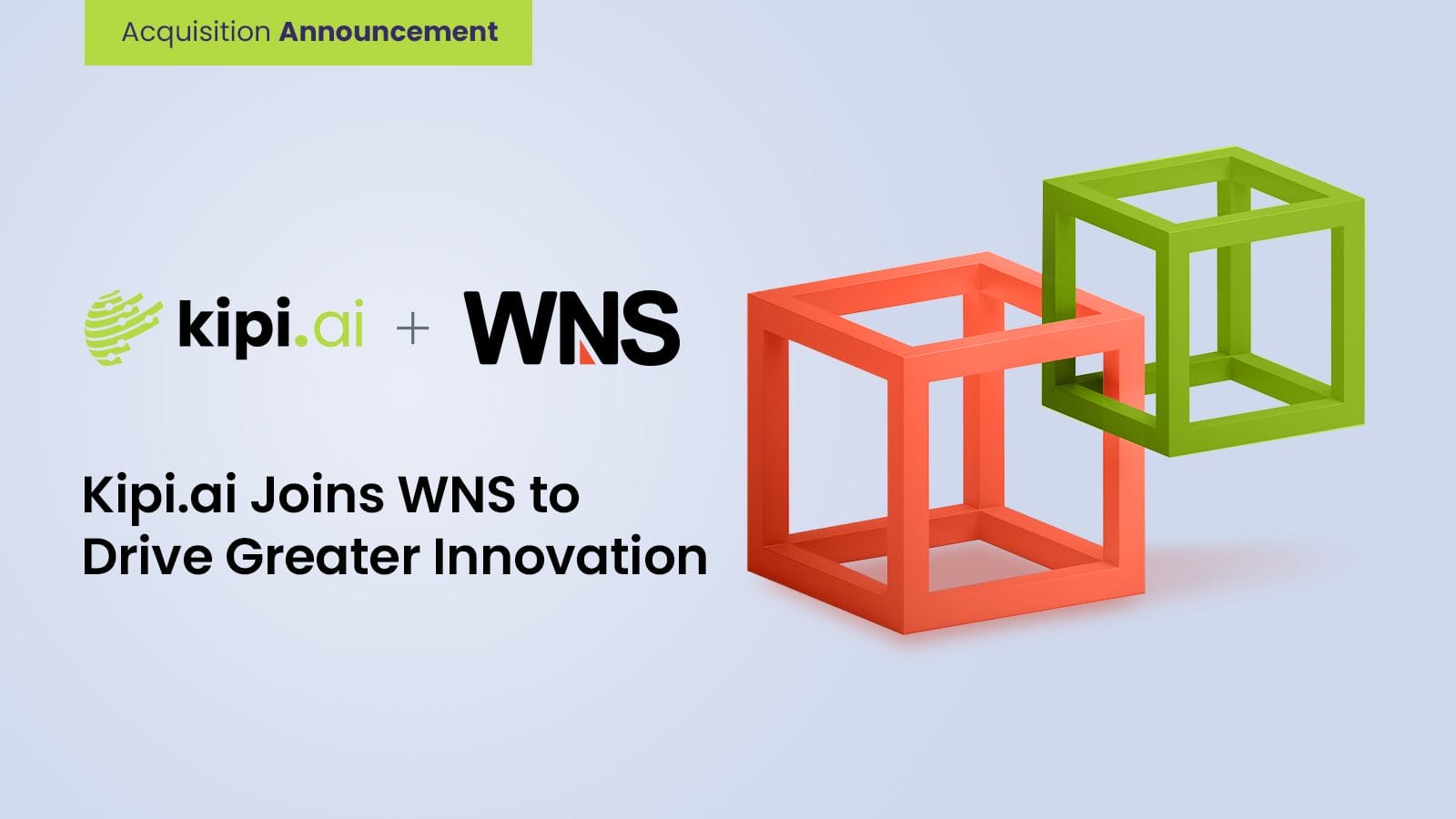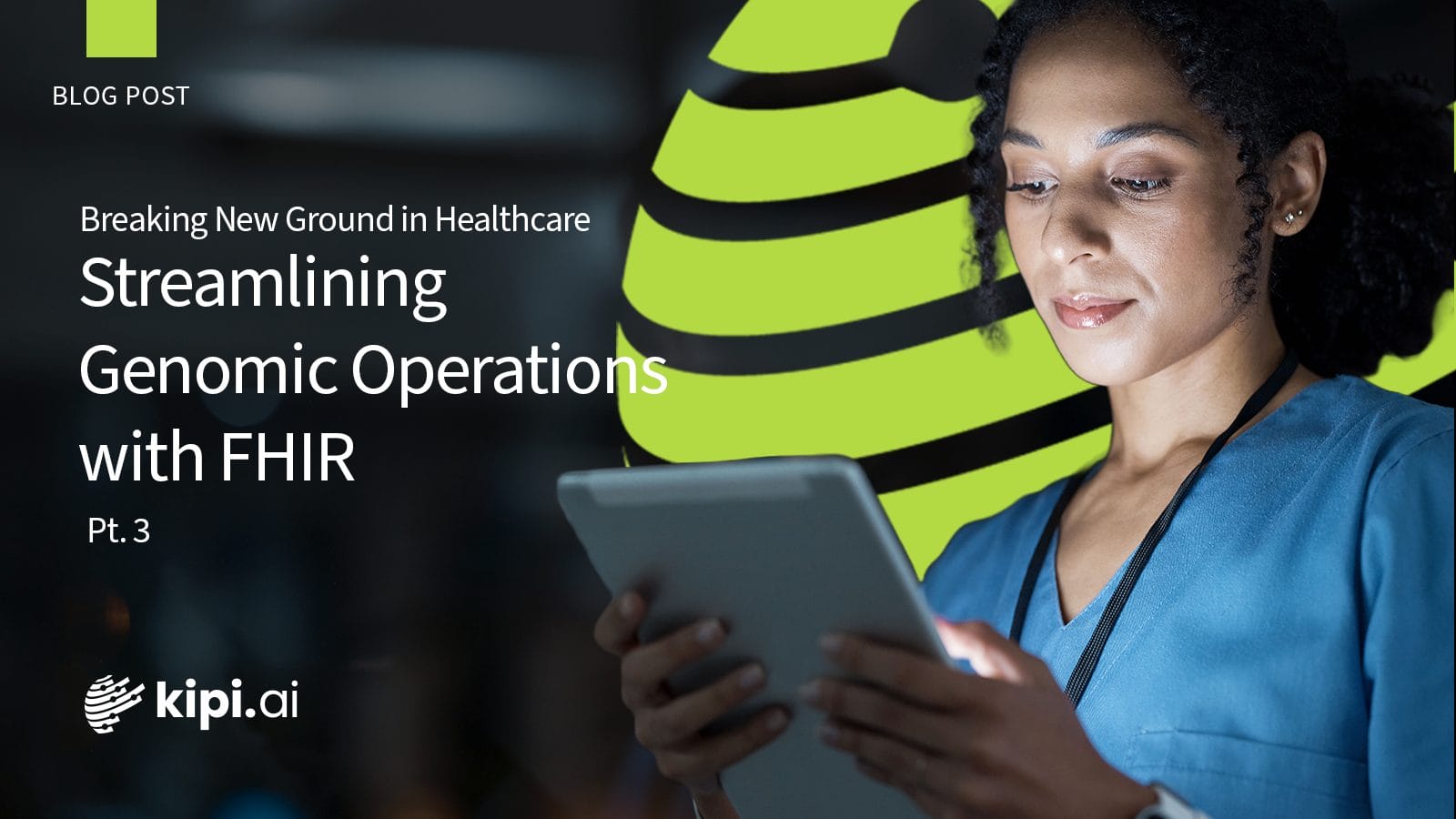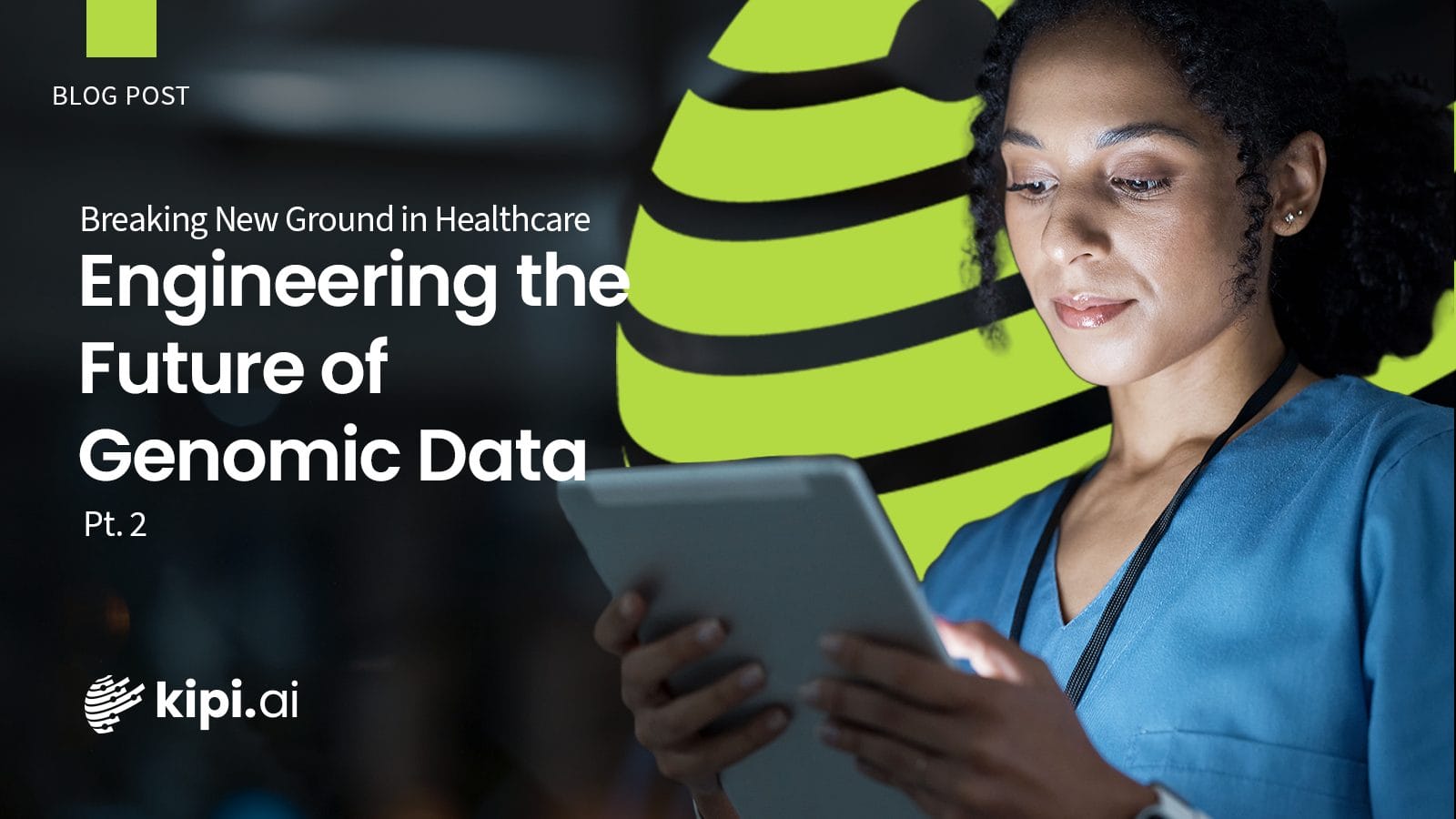Authored by – Shashank Pandey
The large language model (LLM) is strongly emerging as a game changer for businesses of all sizes, but its impact has been extremely transformative in the Retail industry. This industry is constantly observing radical tech disruption, from AR to embedded finance to delivery drones. However, Generative AI, LLMs in particular, represents the most tectonic opportunity yet for retailers.
The retail industry has moved from product-centricity to customer-centricity. It has become crucial for retailers to understand what customers want and, most importantly, what customers ‘will want’. Ever-changing demands and shopping choices directly impact revenue and will be critical to defining the success or failure of the business.
A sophisticated LLM model can analyze social media data, sales data, and customer reviews and provide insights into customers’ purchasing patterns, preferences, and sentiment analysis.
How are Retailers Leveraging the LLMs
Optimization in the retail value chain through technology adoption has been paramount. The quality of first-party data determines the success of tech adoption, and it’s not just limited to online business but also to core retail functions. Globally, retailers are leveraging the power of LLMs to boost profitability. For example, Walmart has launched LLM-based search experience to give its customers the next generation of AI e-commerce experience.
Carving bespoke experience for consumers—Narrow-scope customer data platforms have been facing challenges pruning the immense unstructured data that retailers hold. Sophisticated LLM models can effortlessly interpret unstructured data, and retailers can run customization experiments to create a bespoke experience for individual customers.
Faster time to market—Retailers and brands can develop unique and relevant products for their customers based on the analysis and insights that LLM models can build using product reviews, discovery, etc., and can also drive the product roadmap and development.
Optimize operations—Handhold customers during the entire shopping process, from exploring to post-purchase, by implementing efficient chatbot platforms and virtual assistants. Implement assisted supply chain management that uses real-time analytics to optimize SCM and logistics.
E-commerce- LLMs are revolutionizing the way businesses interact with their customers. E-commerce platforms can engage with customers in real-time, propose better product recommendations, and precise search results, and generate high-quality content and marketing materials. It can harness the power of data and improve the overall shopping experience for the customers earning enhanced loyalty.
Boosting workforce productivity—Cultivating an LLM-ready workforce by integrating customized LLM models can result in significant productivity gains across various business functions. From optimized work allocation to seamless communication to understanding and assessing the employees’ skills and skill gaps and outlining an efficient training program, this can enhance the work processes and boost employee efficiency.
Demand forecasting- A multitude of factors contribute to fluctuating the dynamics of the retail industry e.g. seasonal demands, economic changes, consumer trends, regulatory changes, etc. Analyzing the fixed and variable factors to make sophisticated forecasting models have become crucial to understanding consumer behavior patterns, optimizing inventory levels, and improving the supply chain/ last mile deliveries. LLMs can support comments generation and recommend actions based on the outputs from the demand forecast ML model.
Challenges and Considerations
Eliminating biases and misinformation – Training the model with specific business knowledge and monitoring is pivotal to avoiding inaccuracies or biased outputs.
Data protection – Ensuring data privacy and compliance is crucial while implementing LLM-powered engines.
Implementation check – Careful consideration should be given to how the existing recommendation algorithms will integrate with the LLMs.
Business acumen and LLMs – The Amalgamation of LLMs with business logic ensures they resonate with business-specific processes.
What Does the Future Hold?
Undoubtedly LLMs will propel the entire customer journey and experience when equipped with the right strategies; however, a balanced approach is paramount. LLMs can offer a promising development in shaping shopping as a transaction and a delightful conversation. Retailers can embark on unleashing the power of LLM models through Snowflake’s cortex solution, which provides state-of-the-art solutions to your data within your Snowflake security parameter. The key is addressing the challenges carefully and logically while integrating.

